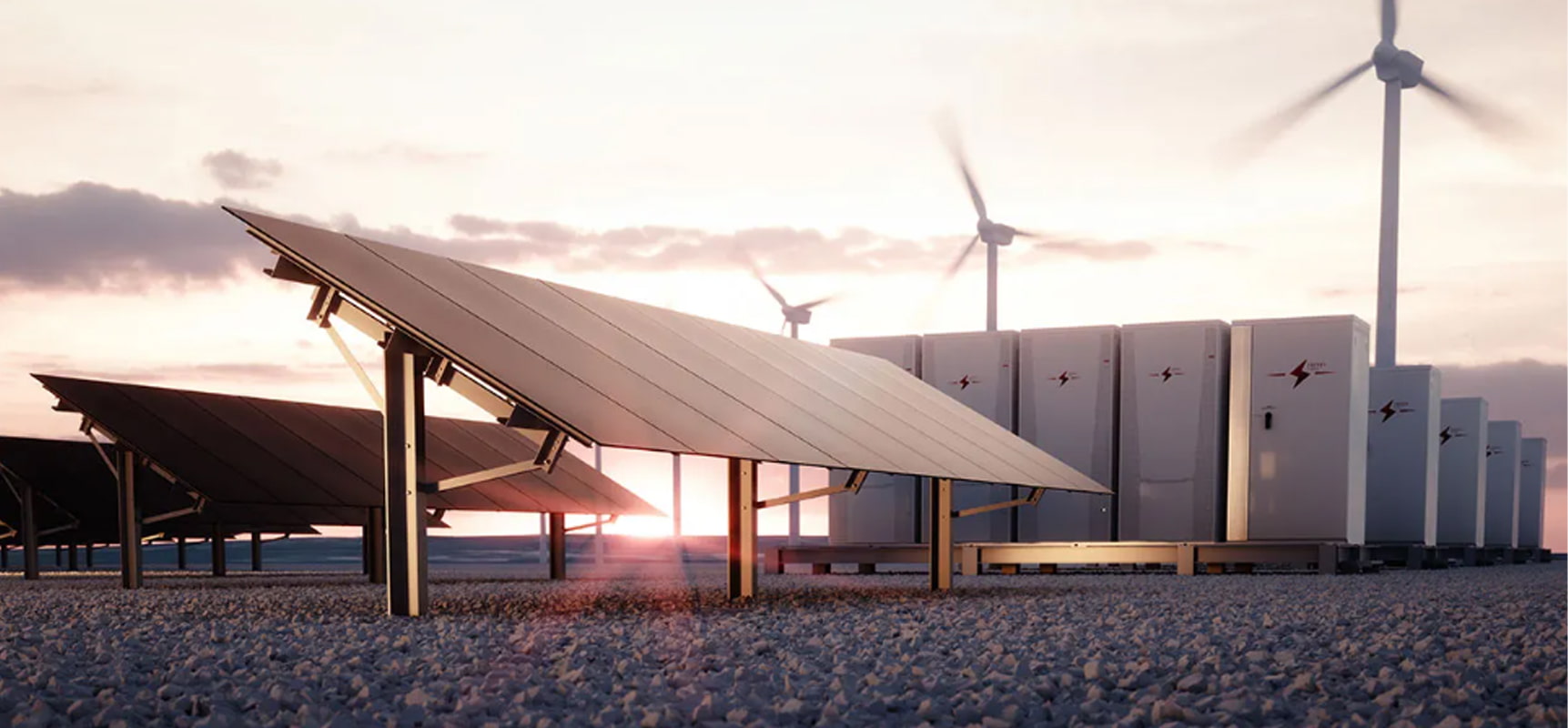Comparing Different Types Of Solar Energy Storage Systems
Feb 20, 2024
What Is A Solar Energy Storage System?
Because solar energy is an intermittent energy source, it is only available during daytime hours. Solar energy storage systems allow homes and business owners to store energy for later use. For off-grid systems that aren’t connected to the electrical grid, batteries enable properties to have power around the clock. For grid-tied systems, a hybrid solar system with battery storage enables homeowners to have power during blackouts and to use solar electricity when preferable.
In areas with time-of-use rates, renewable energy storage systems allow utility customers to further reduce their electricity bills. They can use stored energy when rates are highest and charge their batteries when rates are lower, reducing the payback period of the photovoltaic solar system.
Why Is Solar Energy Storage Important?
An aging utility grid and increasingly common extreme weather events have caused power outages to become more common. For example, some utility companies have been cutting off power during times when threats of wildfires are particularly high. These public safety power shutoffs are designed to help prevent electrical equipment from causing wildfires but result in numerous homes and businesses losing power.
Although backup generators are an option for producing electricity during power outages, they rely on fossil fuels, are noisy, and create carbon emissions. As the cost of solar energy storage falls, solar batteries are becoming an increasingly popular way to keep the lights on during blackouts and store excess energy. These solar energy storage systems can also help with overall grid operation by smoothing out electricity supply and demand.
Types Of Solar Energy Storage
There are many different energy storage technologies at different phases of development. Some are better suited for smaller mobile applications, while some require a lot of space and are better for large-scale applications. Certain technologies can store energy for a few hours, while others are better suited for long-term energy storage.
Electrical Storage
These battery energy systems store energy as electricity. The most common types are lead-acid battery, such as sealed AGM batteries and lithium-ion batteries. The most popular lithium-ion solar battery storage options are lithium iron phosphate (LFP) and nickel manganese cobalt (NMC).
Chemical Energy Storage Systems
These solar energy storage systems store energy in the form of chemical bonds, not electrical energy. For example, hydrogen gas can be used to store energy in fuel cells for both short and long periods of time. Hydrogen is created from electrolysis, which uses electricity to split hydrogen and oxygen.
Thermal Energy Storage
These energy storage systems use a material, such as water, molten salts, or sand, in an insulated tank to store heat. Then, this energy is either used to generate electricity or is used to provide heat. Thermal storage is useful for concentrated solar thermal power (CSP) plants that focus sunlight to heat a fluid.
A relatively widespread application is solar thermal water heaters that use solar collectors to heat water in a storage tank. The hot water can then be used as domestic hot water or to heat buildings through a heat exchanger or a radiant floor heating system. However, researchers at Lawrence Berkeley National Laboratory are investigating how to take this to the next level using next-generation materials and systems.